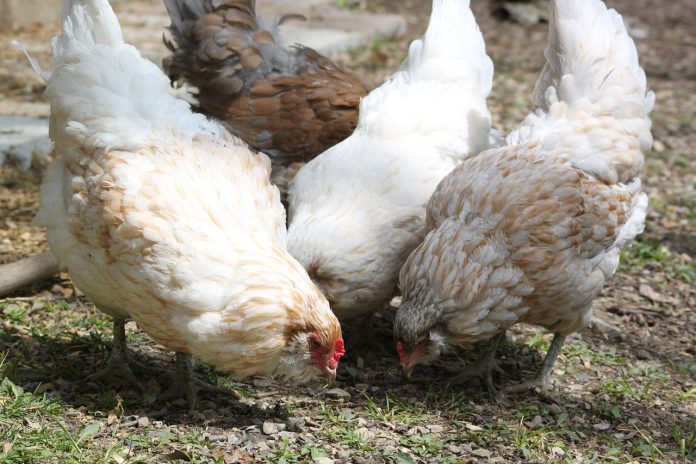HARRISBURG, Pa. — For the second consecutive year following a one-year precautionary ban in 2015, poultry exhibits will again be part of Pennsylvania’s 109 county and community fairs in 2017.
“The confirmed cases of highly pathogenic avian influenza in Tennessee this spring were reminders that the threat of this virus is ever present, so we must remain vigilant,” said Agriculture Secretary Russell Redding.
“While we want to continue to be cautious, ask everyone to be on the lookout, and practice good biosecurity measures, we felt comfortable allowing poultry to be part of this summer’s fairs,” said Redding.
In the fiscal year 2015-16, $3.5 million was placed into budgetary reserve specifically for high-path avian influenza, or HPAI. Last year, the governor and General Assembly appropriated $2 million for HPAI response, which will carry over to the current fiscal year that began July 1.
Testing protocol
State Veterinarian Dr. David Wolfgang said in order for exhibitors to enter their poultry into competition at fairs, they must first pass testing to ensure they are free of the disease.
“The threat of the HPAI virus is still very real,” Wolfgang said. “To keep the virus at bay, we have introduced a 30-day testing protocol for birds to participate in poultry exhibits at local fairs.”
In the past, poultry had to test negative for HPAI at least six months prior to the exhibit date. They must now test negative 30 days out from that exhibit date.
About bird flu
HPAI, commonly known as “bird flu,” is caused by an influenza type-A virus. These viruses occur naturally in birds. Wild birds, such as ducks, swans and geese, can carry the virus, but usually, do not exhibit symptoms.
The disease is very contagious and can make domesticated birds, including chickens, ducks, quail, pheasants, guinea fowl and turkeys, very sick or even cause death.
Approximately 49 million birds were killed when a lethal strain of HPAI spread throughout mid-western states in 2015.
Earlier this year, the department recommended poultry owners reduce or eliminate their flocks’ contact with wild waterfowl and feral birds by keeping poultry indoors, thus preventing exposure to migratory birds that could transmit HPAI. With the arrival of warmer summer temperatures, that guidance has been lifted.
Producers are also reminded of the importance of obtaining a premises identification number. Whether poultry is part of a diversified farm or kept as backyard pets, premises identification numbers provide the department with a way to locate and contact producers in the event HPAI is found within the state.
For more information on biosecurity and HPAI, visit agriculture.pa.gov and click on the links under “Avian Influenza” on the homepage.










